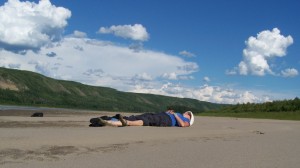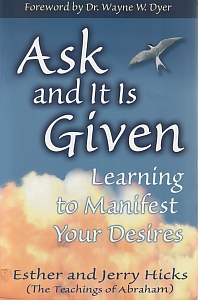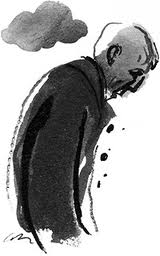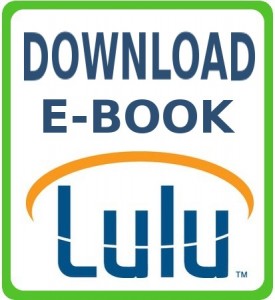I was cleaning windows today when I came to the one in the porch. This one is out of the way, so it rarely gets looked at or tidied up. The window sill was littered with dead flies, and there was a live one bouncing incessantly, they way they always do, against the glass.
Why do flies do this? I tried to shoo this one away, because I was going to be spraying glass cleaner and it would die if it got sprayed. That fly just wouldn’t be shooed — it was intent on bouncing its head up against the glass over and over again, trying to break through the barrier — invisible but unbreakable (for a fly).
So, I sprayed around it, but the vapours made it woozy and it flew strangely. Eventually, it flew away, and maybe once it turned around, it even saw the open door and flew outside to freedom. This whole experience made me wonder — how are we like the fly, bouncing our heads against a barrier we can’t get through?
Do you have anything in your life that you’ve been struggling with for a long time? Like a fly trying to fly through a window, you think there should be a way through. You can see the light and just can’t figure out how to get to it. You try and try, over and over, but you’re just acting like a fly.
If this is striking a chord in you, don’t ignore it. What is coming to mind right now? Don’t shy away from it — it doesn’t make you a bad person. It just means you’re human. Sit for a minute and think about whatever is coming to you.
So what can you do? If you keep bouncing up against that glass, you might end up like all those other flies — dead on the window sill. I’m not just talking about being physically dead, but emotionally or spiritually dead. It could also be a death of your freedom, creativity, joy, happiness or health. What are you afraid might be dying?
If you don’t want this to happen, just turn around. Stop trying, stop bouncing against the problem and look the other way. Look for the open door. Look at what is lovely and beautiful about your life, about the world, about you. Stop focusing on problems, either in you or in the world around you, and trying to fix them. If you just fly away from them, you’ll find another way to the light, to the great outdoors, and never have to worry about another window again.
There’s a common expression that goes something like “when God closes a door, He opens a window.” I would say “when the window is closed, look for the open door!”

















